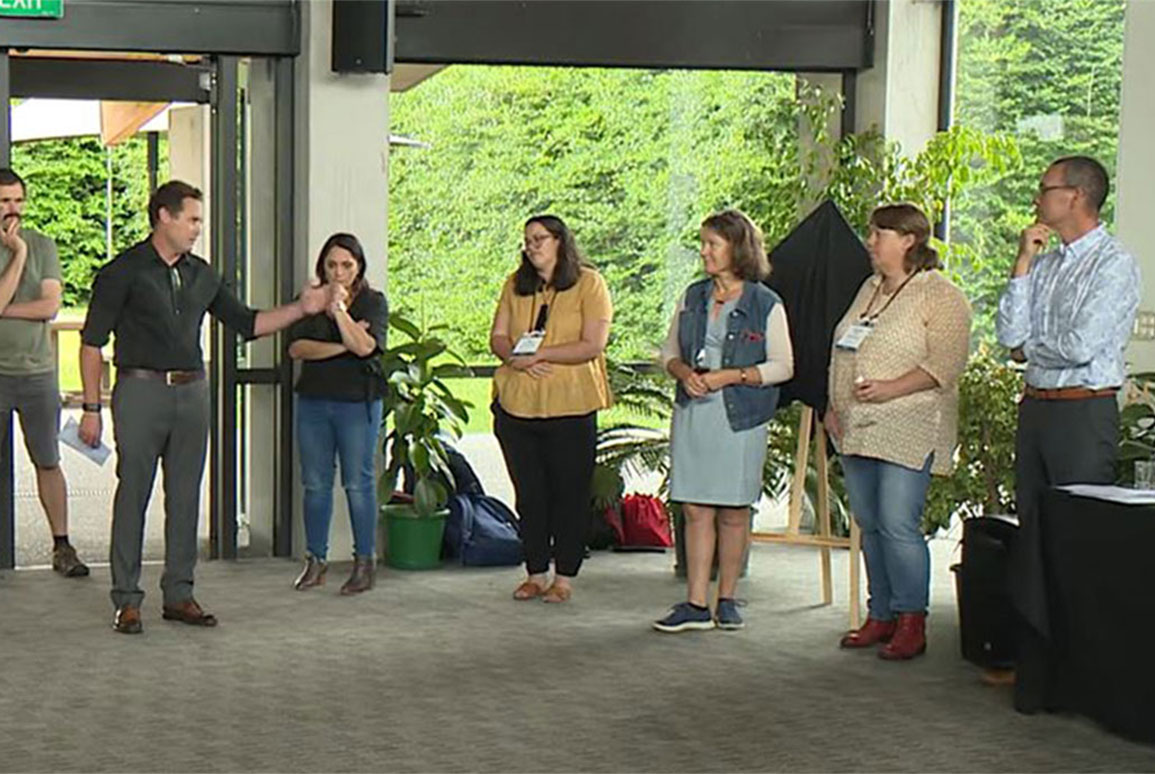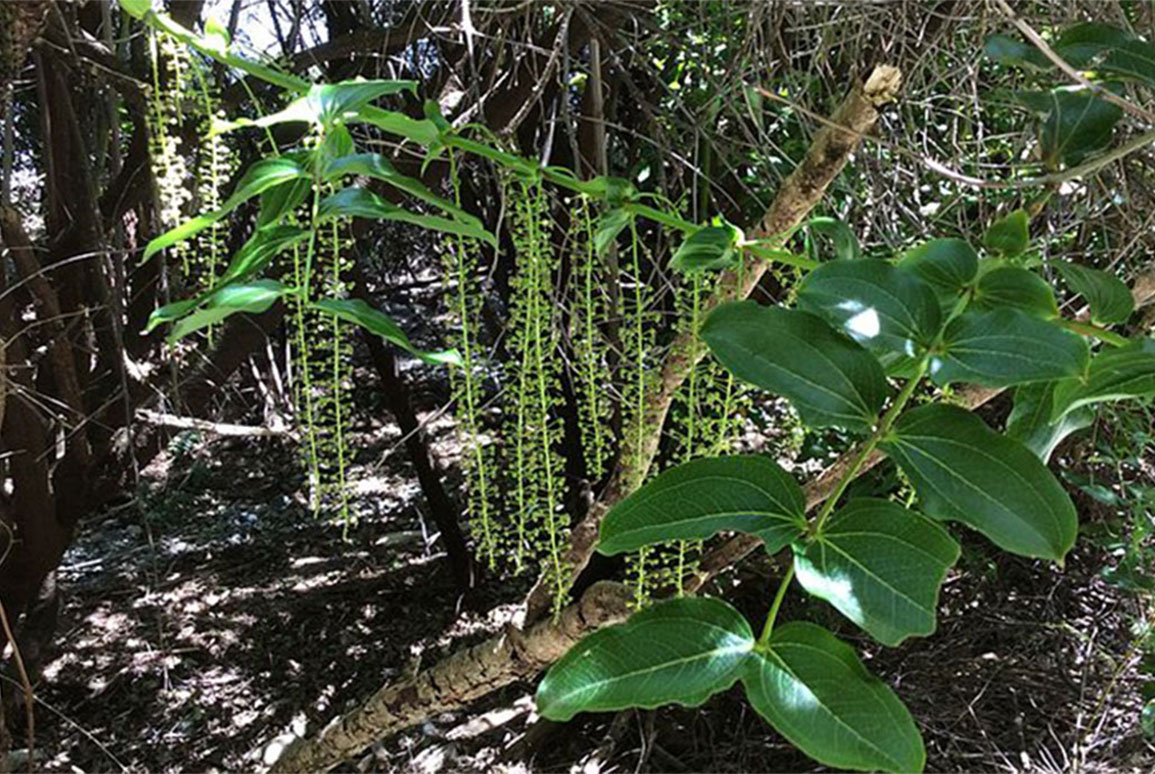Mātauranga Māori profiled by the New Zealand Journal of Ecology
17 January 2020
A group of Māori ecologists and scientists have contributed to a special edition of the New Zealand Journal of Ecology, driving change to place Mātauranga Māori alongside Western science.

Craig Pauling is among the authors of the issue’s 14 articles and research papers, all of which show that Mātauranga Māori can inform current and future research and decision-making in ecology; and contribute to the protection and preservation of Aotearoa New Zealand’s biodiversity. This is the first time that the journal has produced a Mātauranga Māori issue, and the abstract of each paper has been translated into Te Reo.
In the call for submissions for the issue, the editorial committee noted: “Māori have distinct cultural knowledge, values, and perspectives that establish rights, responsibilities and relationships with flora and fauna. There is increasing recognition from scientists, practitioners, environmental managers, policy makers and others that mātauranga Māori enhances our understanding of ecology and provides valuable perspectives and frameworks to guide research, management and policy development. However, few papers published in the New Zealand Journal of Ecology address and explore these interfaces.”
The paper Investigation of Tutin, a naturally-occurring plant toxin, as a novel, culturally acceptable rodenticide in New Zealand is in relation to research into the use of native plant toxins as an alternative to 1080, and in particular testing done on using Tutin, the neurotoxic chemical of the native Tutu.
Tutu (Coriaria arborea) is a common name of Māori origin for plants in the genus Coriaria found in New Zealand. They are shrubs or trees; and well-known for poisoning stock and sometimes honey, as most of the plant parts are poisonous.
Craig Pauling was involved in the initial work around the research to identify and prioritise key native plant toxins and is included as a co-author of the paper. Craig was also involved in the Lincoln University launch of the journal’s Mātauranga Māori issue.
The Mātauranga Māori issue was produced with support from New Zealand’s Biological Heritage National Science Challenge, Manaaki Whenua – Landcare Research, Te Pūnaha Matatini, and The Centre for Biodiversity and Biosecurity.
Find out more
New Zealand Journal of Ecology, Volume 43(3) 2019


